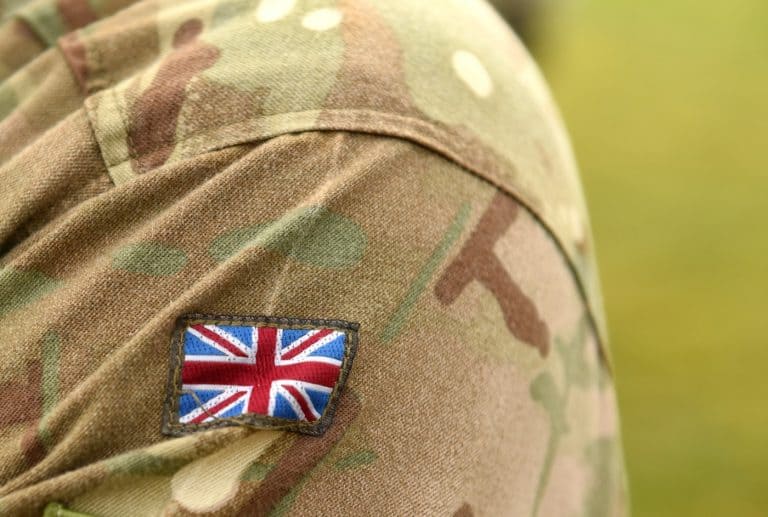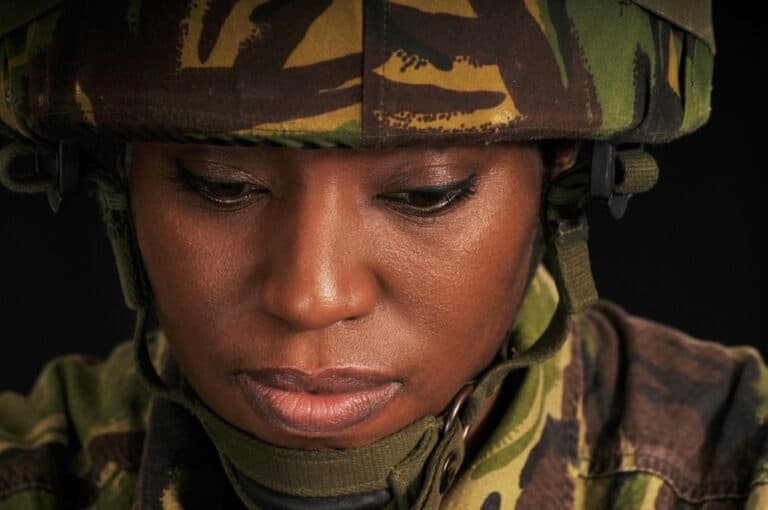We know that the MoD has made great efforts to improve the treatment of personnel suffering from Post-Traumatic Stress Disorder (PTSD), but other mental health issues such as self-harming behaviour, alcohol abuse or anger management deserve just as much attention.
Bolt Burdon Kemp has extensive experience in winning claims against the military for negligence in the treatment and recognition of mental health issues. We usually work on a no-win, no-fee basis, so contact us today to talk to one of experts.
Types of mental health issues
Attitudes to mental health in the military are improving, but we still hear about misguided, unsympathetic or unobservant commanders telling sufferers to “have a pint and get over it” instead of referring them to their Medical Officer (MO).
Bolt Burdon Kemp has developed expertise in cases where military medical services have not put together adequate treatment packages for personnel with mental health problems or liaised properly with the chain of command or NHS services. The types of problems we have seen include:
- Depression
- Depressive disorder
- Adjustment disorder
- Acute stress reaction
- Anxiety disorder
- Anger management issues
- A combination of all of the above
Sometimes a service man or woman’s experiences within the military, whether of combat, excessive work or bullying, can mean that they self-medicate with alcohol or drugs. MOs should recognise that this, too, is a sign of mental health problems that should be treated.
Symptoms of mental health problems
Signs indicating a service man or woman could have mental health issues requiring treatment include:
- Difficulty sleeping
- Anxiety
- Change in behaviour/personality
- Aggression
- Going AWOL
- Alcohol abuse
- Substance abuse
- Deteriorating performance
- Disciplinary problems
- Self-harm (e.g. cutting, excessive dieting, excessive time spent in the gym)
- Stress
Any of these can be indications of a condition that can be as harmful as a physical problem and which will deteriorate if not recognised and treated. Sufferers themselves do often do not recognise they have symptoms and the MO is partly responsible for spotting mental health problems.
Treatment for mental health issues
Mental health problems have brought many promising military careers to an unhappy end. We have also seen cases where the transition to civilian life has been so badly managed that real hardship such as homelessness can result. Correct and timely treatment is, therefore, essential.
Mental health treatments will vary according to the diagnosis and severity of the problem and are likely to include some or all of the elements used when caring for those with PTSD .
For example, if a service man has self-harmed, his MO or the other medics treating him should have considered temporary downgrading. He should only be upgraded when he has seen a consultant psychiatrist with experience of working with the armed forces.
Mental health and your medical officer
The MO should act as both GP and occupational health officer. They should listen to, treat and, where appropriate, refer military personnel to specialist care, such as at the Department of Community Mental Health (DCMH).
At the same time, it is important to remember that the MO should also consider what impact duties might have on the mental and physical health of the personnel in her charge. If bullying or an increase in workload could be making the problem worse, the MO should think about whether to issue a sick chit or a light duties pro forma.
The MO must not go to the other extreme, and forget to treat the service man or woman as a patient with medical needs that arise in and out of their personal lives. These may include such issues as a relationship breakdown, bereavement, abuse in childhood or other psychological injuries.
Mental health in the military workplace
The MoD has a duty of care to avoid causing injury to service personnel, including causing harm to their mental health caused by stress at work. If the chain of command fails to follow health and safety procedures to protect those in their charge against injury from excessive pressure, this can give rise to a claim. For more information about safe working practices follow this link.
It is important to submit your claim as soon as possible. Both the courts and the AFCS apply strict time limits within which you have a window to make a claim.
If you have been affected my mental health issues in the military, please contact us now for confidential advice.





















